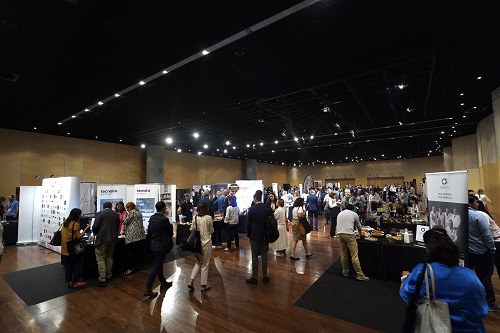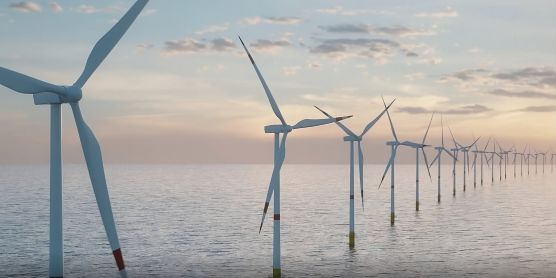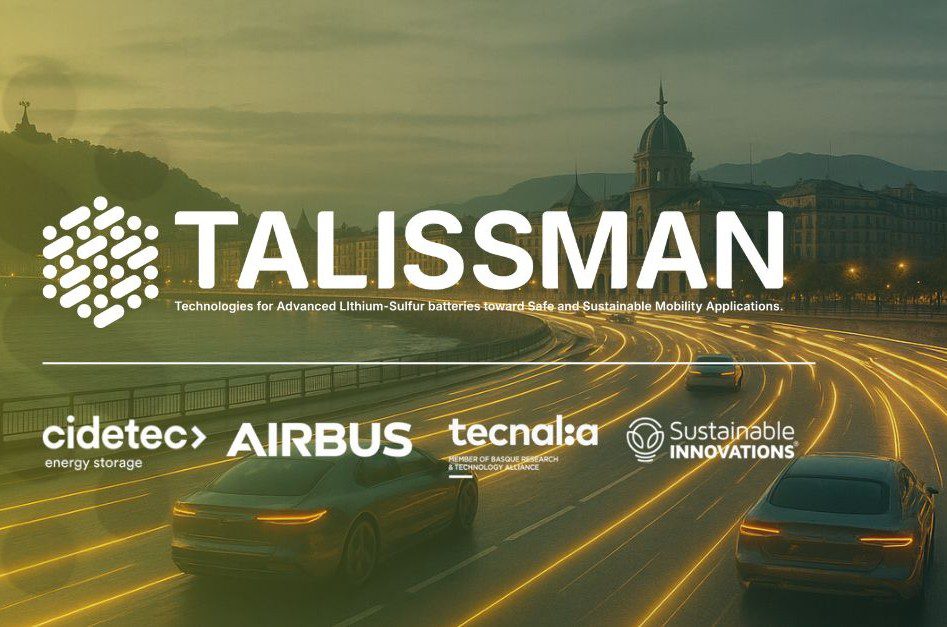BASQUE FOOD CLUSTER brings together nearly 400 professionals from the whole Basque food chain at the BEC

Exports by the Basque Food and Drink Industry increase by 24% and exceed 1,100 million euros
Cluster Eguna 2022 focuses on sustainability as a lever for the improvement of competitiveness and an area of opportunity for companies
 The Basque Food and Beverage Industry (IAB) recorded international sales of 1,129 million euros in 2021, which represents an increase of 24% over the previous year. These figures were provided by Manu Giner and Jon Ander Egaña, President and Director of BASQUE FOOD CLUSTER respectively, on the occasion of Cluster Eguna 2022, the Annual Meeting of the Basque food sector which brought together nearly 400 professionals at the BEC. The central theme of this year’s edition, the first to be held since the forced break due to the pandemic, was ‘Sustainability as a lever for improving competitiveness’, an area of opportunity for the sector, which was the focus of the professional conference.
The Basque Food and Beverage Industry (IAB) recorded international sales of 1,129 million euros in 2021, which represents an increase of 24% over the previous year. These figures were provided by Manu Giner and Jon Ander Egaña, President and Director of BASQUE FOOD CLUSTER respectively, on the occasion of Cluster Eguna 2022, the Annual Meeting of the Basque food sector which brought together nearly 400 professionals at the BEC. The central theme of this year’s edition, the first to be held since the forced break due to the pandemic, was ‘Sustainability as a lever for improving competitiveness’, an area of opportunity for the sector, which was the focus of the professional conference.
The event was the venue for the General Assembly of Members of BASQUE FOOD CLUSTER, a benchmark association in the Basque food sector that currently has 123 companies and organisations belonging to the entire value chain. Likewise, the Exhibition-Tasting of products and services of the associated companies, a space that over the years has become the main meeting point of the Basque food chain, was resumed.
The round of talks opened with the presentation of the ‘Sustainable Consumer Report’ by Xavier Cros. Carried out by the Cluster’s Strategic Observatory together with the aforementioned expert in shopper knowledge, the study analyses purchasing habits and consumption of sustainable food, which is becoming increasingly important among the decision factors when it comes to filling the shopping basket. Although price continues to be the main obstacle for consumers to buy sustainable food, they also say they are willing to pay “up to 5% more” for this type of product.
This was followed by a round table debate on ‘Sustainability in large-scale distribution’. Moderated by the Director of BASQUE FOOD CLUSTER, Jon Ander Egaña, it brought together the heads of sustainable development of three well-known retail firms: Alejando Martínez de Berriochoa, Director of Health, Sustainability and Quality in Strategic Marketing at Eroski; Jesús Velasco, Financial and Sustainability Director at Uvesco; and Ricardo Fernández, Director of Quality and Sustainable Development at Carrefour.
In the last section, the self-diagnosis tool for the implementation of the Sustainable Development Goals (SDGs), created within the framework of the ODSFOOD Project – with funding from the Provincial Council of Gipuzkoa – was presented. This digital tool allows the company to know its starting point and the progress made in the transition towards a more sustainable model, combining environmental and social objectives, as well as economic ones. Finally, the conference was brought to a close by the Basque Government’s Regional Minister for Economic Development, Sustainability and the Environment, Arantxa Tapia.
Main figures for the sector
Among the main figures for the Food and Beverage Industry (IAB) in the Basque Country, referring to the processing industry, the 24% increase recorded in exports in 2021 stands out. According to data from Datacomex, the foreign trade statistics service, sales abroad reached 1,129 million euros, a significant upturn after the slight 3% drop in 2020 (910 million euros).
According to official data referring to the 2020 financial year (the last one recorded), almost a quarter of the Basque food industry’s total sales were destined for foreign countries (23% of the total). Of the rest, 26% stayed in the Basque Country, and 51% went to the rest of Spain.
As for the turnover of the Basque IAB in 2020, it totalled 3,877 million euros in sales (down 19%), a figure in which the effect of the pandemic can be seen, as in 2019 the amount totalled 4,790 million euros. This industry comprises 1,400 establishments employing more than 15,000 people.
With regard to the food value chain in the Basque Country as a whole – made up of the sum of the primary sector, the processing industry, distribution and marketing, and HORECA – it represents 10.7% of Basque GDP and directly employs around 140,000 people.
In terms of consumption, the ‘Food in Spain’ report published by Mercasa indicates that, during 2020, the Basque Country recorded a per capita expenditure on food of 1,998.3 euros (16.4% higher than the national average). Basque consumers spend more on wine (24.3%), fish (31.7%), processed fruit and vegetables (34.5%) and chocolates and cocoa (30.9%), while, on the other hand, they spend less on mineral water (-57.4%), juice and nectar (-6.5%), ready meals (-11.7%) and soft drinks and fizzy drinks (-57.6%).
Management Plan 2022 and Strategic Plan 2020-2023
During the General Assembly of Members, BASQUE FOOD CLUSTER presented the accounts for 2021 and the Management Plan and budgets for 2022. It is worth highlighting the income forecast for the current financial year, in excess of 800,000 euros, which represents an increase of 19% compared to 2021. It has also announced the launch of five innovation projects.
These projects will be aimed at responding to the objectives defined in the BASQUE FOOD CLUSTER Strategic Plan 2020-2023. This is aimed at improving the competitiveness of member companies by promoting the generation of added value and market orientation, facilitating meeting spaces and business cooperation. All of this is based on the three strategic objectives that make up the so-called REC Strategy: to be the benchmark for the Basque food sector, to achieve organisational excellence and to boost the competitiveness of its members.
In the field of representativeness, issues such as participation in strategic sector forums and dialogue and coordination with other sectors of interest are framed – not in vain, the Cluster is an intermediary agent in the Basque Science, Technology and Innovation Network -, as well as between the food business fabric and institutions.
With regard to achieving excellence in the organisation, efforts are aimed at putting the associate at the centre of all decisions. BASQUE FOOD CLUSTER has also been awarded the European Bronze Label certification, granted by the European Cluster Excellence Initiative (ECEI) and the European Secretariat for Cluster Analysis (ESCA) to cluster organisations that accredit their work to achieve excellence by improving management capacities and performance levels.
Finally, the objective related to improving the competitiveness of the partners has four strategic lines of action: Market Development, Consumer Knowledge, Technological and Non-Technological Innovation, and Talent Attraction and Development. In these areas, innovation and business collaboration projects are developed. To this end, the Cluster relies on the information obtained through its Strategic Observatory, a tool with which it monitors the environment, identifies challenges and opportunities in the sector and analyses their impact on the business, with the aim of providing member companies with competitive intelligence and knowledge instruments for intelligent decision-making.




